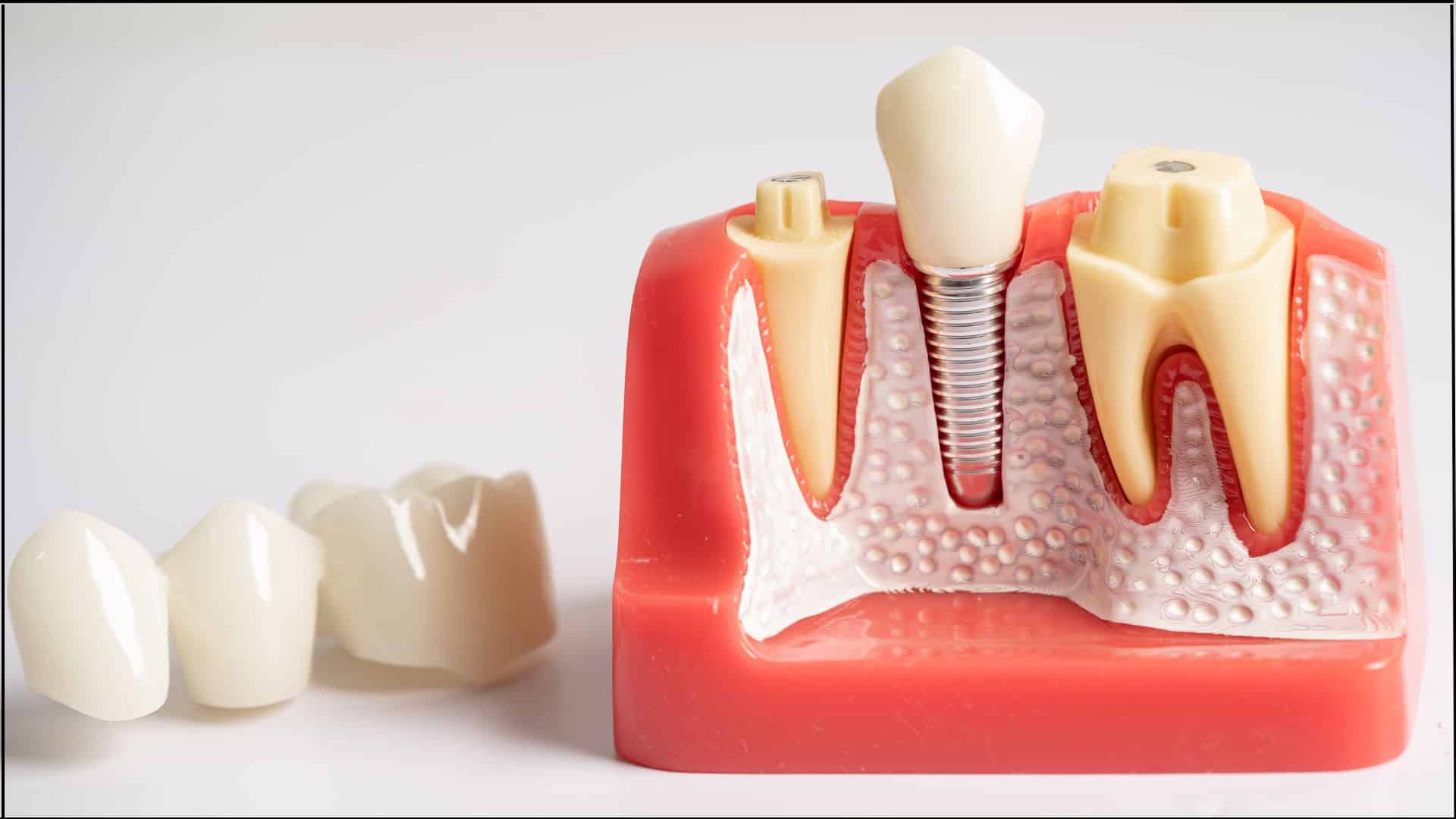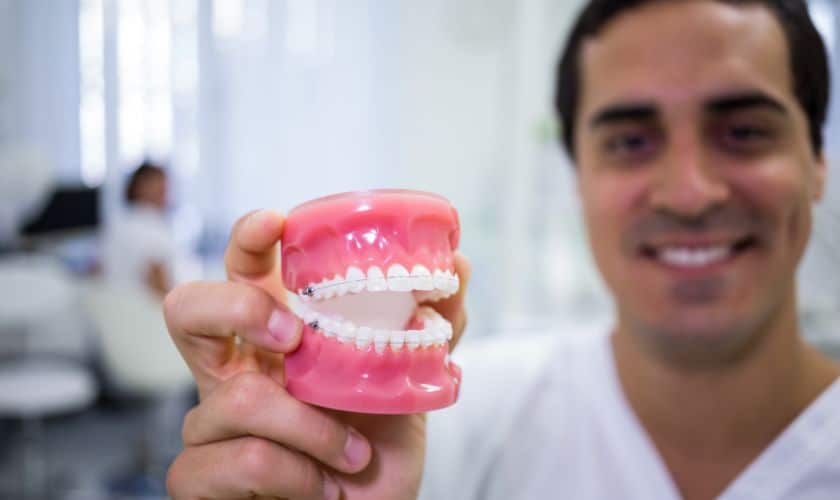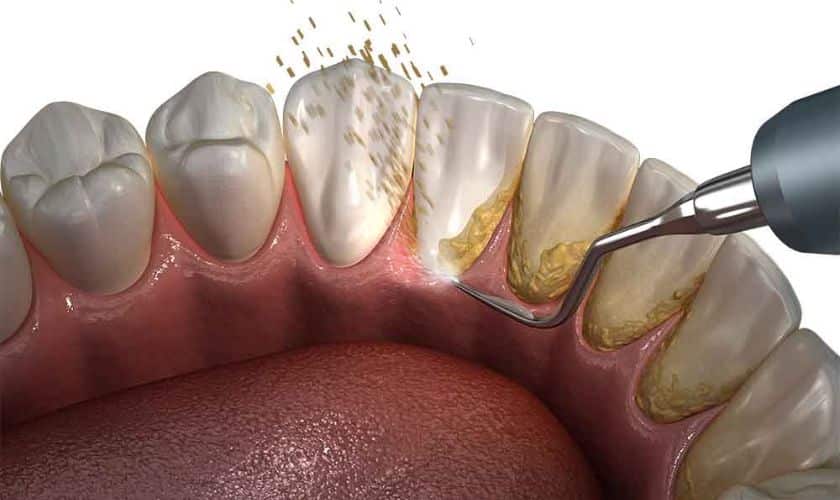
December 7, 2023
A healthy, radiant smile is a key element of overall well-being, and when faced with the decision to replace a missing tooth, two common options emerge: dental implants and bridges. Both solutions have their merits, and choosing the right one requires careful consideration of various factors. In this article, we’ll explore the differences between dental implants and bridges, helping you make an informed decision for a healthier and happier smile.
Dental Implants:
Dental implants are advanced replacements for missing teeth that provide a long-lasting and natural-looking solution. The process involves surgically placing a titanium post into the jawbone, which acts as an artificial root. Over time, the bone fuses with the implant, creating a stable foundation for a custom-made crown that resembles a natural tooth.
Advantages of Dental Implants:
- Durability and Longevity:
Dental implants are renowned for their durability and longevity. With proper care, they can last a lifetime, making them a cost-effective and sustainable option in the long run. - Preservation of Adjacent Teeth:
Unlike bridges, dental implants do not rely on adjacent teeth for support. This means that neighboring teeth remain untouched, promoting overall oral health and preventing unnecessary strain on surrounding structures. - Natural Appearance and Functionality:
Implants closely mimic the appearance and functionality of natural teeth. They provide a comfortable and aesthetically pleasing solution, allowing individuals to eat, speak, and smile with confidence. - Bone Health:
The implant’s integration with the jawbone stimulates bone growth and helps maintain oral health. This prevents the bone loss that often occurs with missing teeth, preserving the facial structure.
Dental Bridge:
A dental bridge is a more traditional method of replacing a missing tooth, involving the creation of a prosthetic tooth (pontic) supported by adjacent natural teeth or dental implants. Bridges can be fixed or removable, and they are designed to fill the gap left by a missing tooth.
Advantages of Dental Bridges:
- Quicker Treatment Time:
The process of getting a dental bridge is typically faster than that of dental implants. While implants require multiple stages and healing time, bridges can be completed in a few appointments. - Minimally Invasive:
Unlike implants, which involve surgery, placing a dental bridge is a less invasive procedure. This may be preferable for individuals who are not suitable candidates for surgical interventions. - Suitable for Some Dental Conditions:
Dental bridges can be a viable option for individuals with certain dental conditions that may impact their candidacy for implants. Your dentist will assess your oral health to determine the most suitable option.
Decision-Making Factors:
- Overall Health:
Consider your overall health and whether you are a suitable candidate for surgical procedures. Dental implants require a healthy jawbone, and certain medical conditions may impact the success of the surgery. - Long-Term Goals:
Assess your long-term goals and preferences. While implants may have a higher initial cost, they offer a durable and permanent solution. Bridges, on the other hand, may be more suitable for those seeking a more budget-friendly and quicker fix. - Oral Health Status:
The condition of your remaining teeth and oral health plays a crucial role in the decision-making process. If adjacent teeth are strong and healthy, a dental bridge may be a suitable option. However, if preserving the integrity of adjacent teeth is a priority, implants may be a better choice.
Conclusion:
Choosing between dental implants and bridges is a personal decision that requires careful consideration of various factors. Consulting with your dentist is essential to assess your individual needs, oral health status, and long-term goals. Both options can contribute to a healthier, happier smile, and the key is to find the solution that aligns with your unique circumstances and preferences. Remember, a radiant smile not only enhances your appearance but also positively impacts your overall well-being.
Recent Posts

Top Benefits of Using a Sedation Dentist in the Portland Area

Missing Teeth? How Dental Implants Can Restore Your Smile

Oral Cancer and Dental Professionals: The Frontline of Defense

Fresh Breath Quest: Knowing When to Seek Dentist Help for Bad Breath

